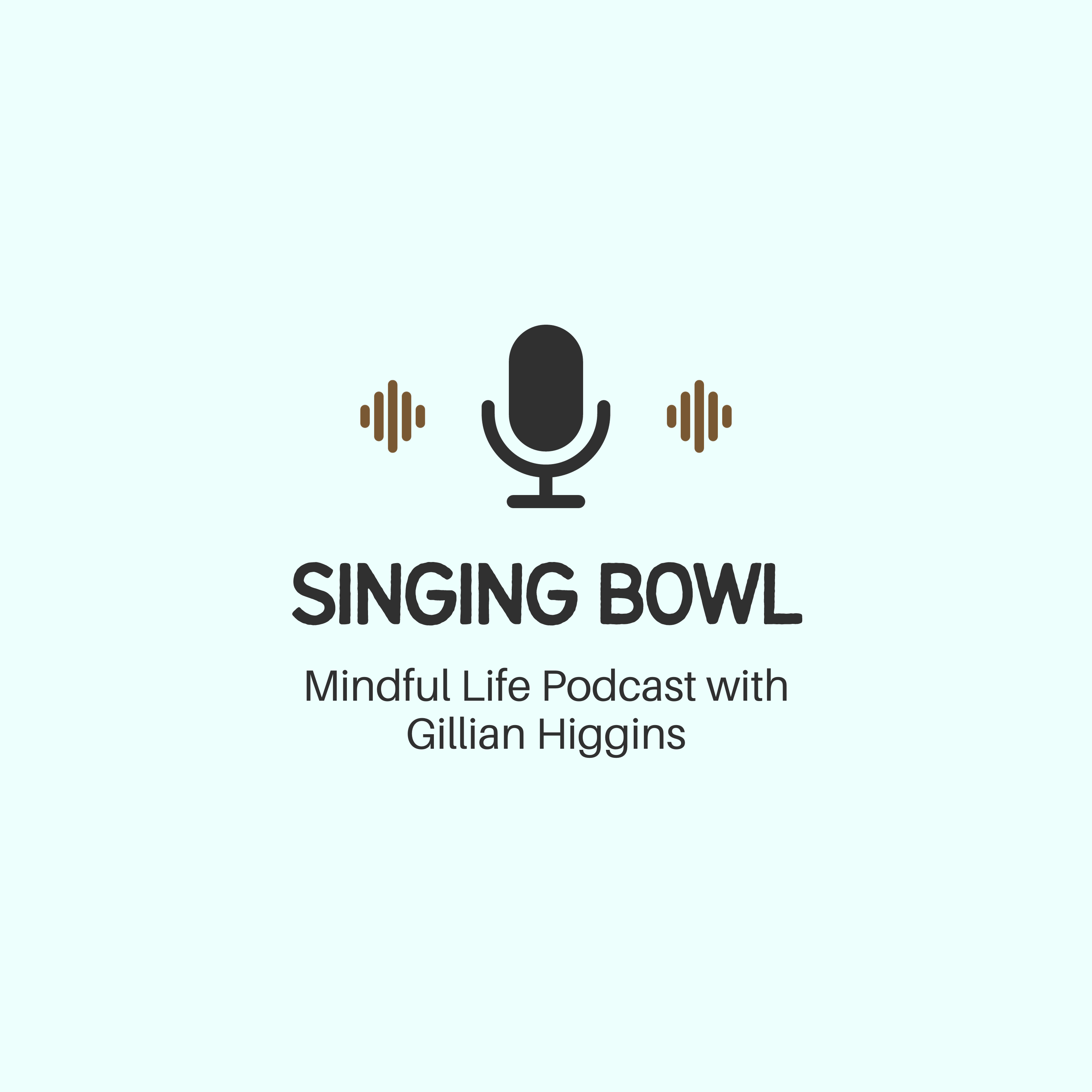Mindfulness News
Read about the benefits of mindfulness in everyday life. Find out more about our courses and latest news.
Free E-Book: Building Your Mindfulness Practice by Gill Higgins
This season, to celebrate the Mindful Life Podcast, Im releasing a free E-Book: "Building Your Mindfulness Practice" for all new subscribers to Everyday Mindfulness. Simply subscribe by clicking here to receive your copy.
You'll also get three Mindfulness practices and an 8-week mindfulness log to record your journey. Happy reading.

Mindful Life - Am I Doing It Right?


In this week's episode of Mindful Life, I look at some of the difficulties you might encounter when you start to meditate, how to overcome them and how to build your daily practice.
Click here to listen on You Tube.
 / gilliankhiggins
/ gilliankhiggins
 /
/
 / gilliankayhiggins
/ gilliankayhiggins
If You Tube's Your Platform....

...Then you can now listen to all episodes of the Mindful Life Podcast on the new channel. Simply click here.
Info About Mindful Life
The Mindful Life podcast shares practices, hints and tips on how to bring mindfulness into your daily life. As well as sharing her own thoughts, host Gill Higgins also invites guests to share their practices to help bring a little more calm into daily life.
Gill is an international war crimes barrister, mindfulness teacher, author and mother who comes to mindfulness out of sheer need.
Sharon Salzberg on Mindful Life

Last week, I spoke to Sharon Salzberg, one of my all-time favourite mindfulness teachers and authors. As many of you may know, Sharon has a no-nonsense, practical, and relatable style of explaining mindfulness. She's a pioneer in the field of meditation, a world-renowned teacher, and the New York Times bestselling author of Real Happiness and other books. She's played a pivotal role in bringing meditation and mindfulness into mainstream American culture since the 1970s, including co-founding the Insight Meditation Society with Jack Kornfield and Joseph Goldstein in 1975. I had the pleasure of talking to Sharon last month about about mindfulness, her Thirteenth book, "Finding Your Way", how she came to the practice and some of her inspirations.
You can listen to the interview on the Mindful Life podcast on Spotify, Apple, or here.
----
Find out more about mindfulness here: www.gillianhiggins.co.uk
Read my book, Mindfulness at Work and Home: https://www.gillianhiggins.co.uk/my-book...
Episode 5 of Mindful Life: The Mindful Pause

Feeling a little frazzled? Why not try this week's Mindful Pause practice which you can listen to here.
Mindful Life Meditations Podcast

For a collection of short guided mindfulness meditations, tune in to the new Mindful Life Meditations Podcast, the 'sister pod' to Mindful Life with Gill Higgins.
New Mindful Life Podcast Page

To keep up-to-date with podcasts, interviews and meditations, check out the Mindful Life Webpage where you can listen to Gill's latest episodes.
The Mindful Life Podcast Has Arrived
My new Podcast is all about minduflness, what it means, how to begin and what benefits you might reap along the way if you start to practise. So why not join me and find out more about how to reduce the impact of stress, improve focus, feel calmer and sleep better. Let's Get Started!
Click here to tune in.

Caregivers, Epilepsy and Mindfulness
In this week's Mindful Life interview, I talk to Sara Garland - CEO of The Daisy Garland - a charity that supports children and families affected by drug-resistant epilepsy - a life threatening condition.
Sara talks about the tragic loss of her daughter Daisy at the age of six, how she came to develop her own mindfulness practice and the courses we co-host for the parents and carers of children with drug-resistant epilepsy.
Tune in and find out more in Series 1 of Mindful Life.

Singing Bowl Meditation?

This week, tune in to a short Tibetan Singing Bowl meditation on the new Mindful Life podcast, hosted on Spotify.
This meditation introduces the resonant sound of a Tibetan singing bowl which is used as an anchor to the present moment. Click here to meditate.